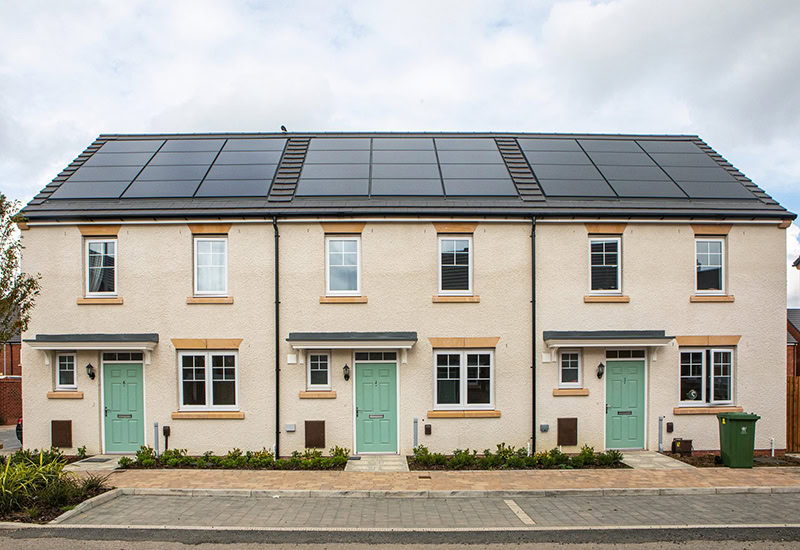In April 2023, Passiv won support for the Heatropolis project through Ofgem’s Strategic Innovation Fund (SIF) alongside the project lead UK Power Networks and partners Metropolitan and Camden Council.
This initial SIF Discovery Phase project is a feasibility study that will evaluate ways to improve the flexibility in heat networks to help reduce the overall costs of decarbonisation for end consumers.
To meet net zero targets in the UK, virtually all the heating in our buildings will need to move away from relying on fossil fuel boilers. Heat networks will play a critical role in this process, but expanding their use will also have major implications for investment planning for both heat and electricity network operators.
Examining how existing large district heating systems can be decarbonised offers valuable ways to learn how this type of technology can be better integrated into a smarter and more flexible energy system.
The Heatropolis project will seek to develop and test a new framework for calculating the costs, benefits and efficiencies that can be achieved by coordinating the investment decisions across multiple stakeholders including:
- Electricity network operators – managing local power system requirements, planning network reinforcement and flexibility options.
- Heat network operators – controlling on site assets to deliver consumer heating needs.
- Asset owners – investing in equipment on a heat network including heat pumps, thermal stores, and distribution systems.
- Local Authorities – understanding how heat networks impact Local Area Energy Planning.
The Kings Cross heat network in central London supports one of the most celebrated and sustainable major urban redevelopments in the world and is home to the UK headquarters of household names such as Google and Nike, as well as 2,400 domestic properties. The site already has a well-established commitment to reaching net zero by 2030 and is recognised as a leading example of sustainable development by the UK building industry. Like many existing heat networks, the development currently uses heat and power engines fuelled by natural gas, alongside gas-fired boilers. Carbon neutrality is currently achieved using offsite solutions such as carbon offsetting and green energy certificates.
The Kings Cross development is actively investing in low carbon solutions onsite, replacing the carbon-intensive systems with low-emission electric heat pumps and thermal storage.
The new framework aims to maximise the use of existing electricity network capacity, minimising the need for network reinforcement. Passiv will be supporting the project by examining how our Smart Energy Platform can be used to improve the operational efficiencies on a heat-network and work alongside other technologies such as thermal stores to reduce the overall demand on the site.
We believe there is a clear benefits case for low carbon heat networks to deliver a more flexible, managed connection to the electricity grid and the Heatropolis project should help us to quantify this. Passiv hopes to explore the more detailed technical and commercial plans needed to realise this benefit in subsequent stages of the SIF process.


